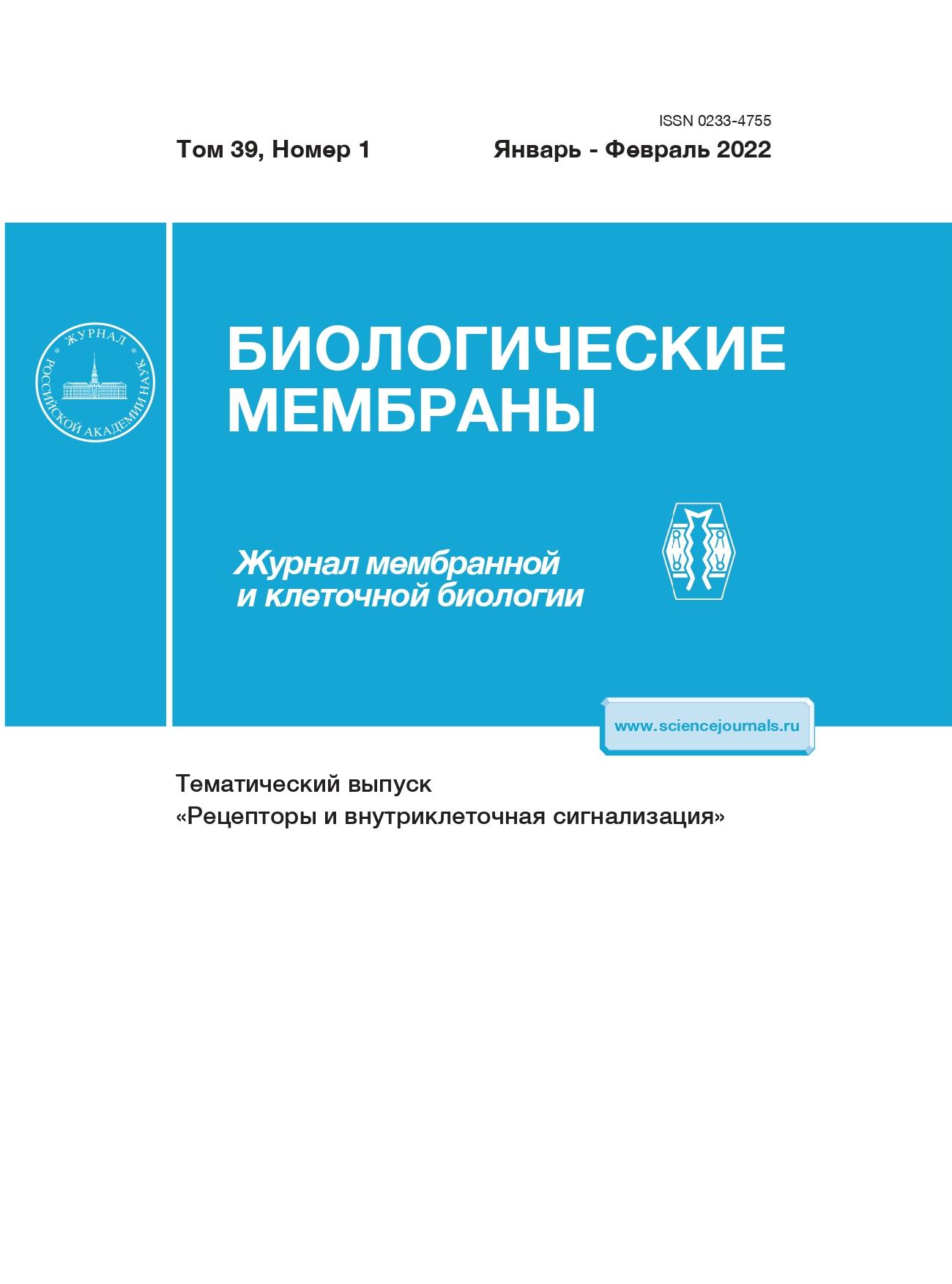
BIOLOGICHESKIE MEMBRANY
Journal of Membrane and Cell Biology

Journal of Membrane and Cell Biology
Yu. A. Ermakov
Biochemistry (Moscow), Supplement Series A: Membrane and Cell Biology. 2021;15(2):130-141
Pages: 130-141
The intricate interplay between calcium (Ca2+) signaling and pH regulation is fundamental to neuronal health, and its disruption is a hallmark of excitotoxicity. This study investigates the dynamic changes in pH within the mitochondrial matrix and the cytosol of cultured rat hippocampal neurons subjected to glutamate-induced deregulation of Ca2+ homeostasis. Using ratiometric fluorescent probes, we simultaneously monitored Ca2+ and pH transients in both cellular compartments following glutamate exposure. Our findings reveal that the massive influx of cytosolic Ca2+, characteristic of excitotoxic insult, triggers a rapid and significant acidification of the mitochondrial matrix, alongside a more transient alkalization of the cytosol. This mitochondrial acidification is hypothesized to result from the uncoupling of the electron transport chain and the activation of the mitochondrial Ca2+ uniporter, which drives Ca2+ uptake at the expense of the proton gradient. The observed pH dysregulation is tightly coupled to the failure of mitochondrial membrane potential maintenance, suggesting a critical link between Ca2+ overload, pH collapse, and subsequent neuronal dysfunction. These results underscore the vulnerability of mitochondrial pH homeostasis to excitotoxic stress and highlight its potential as a therapeutic target in neurodegenerative conditions.